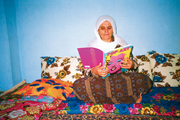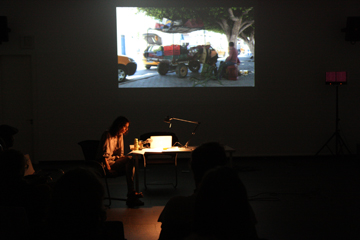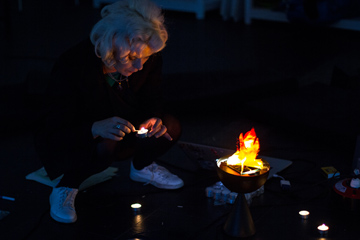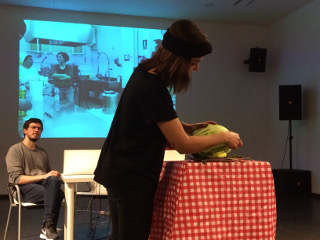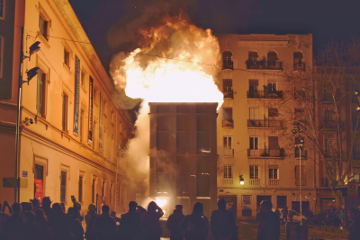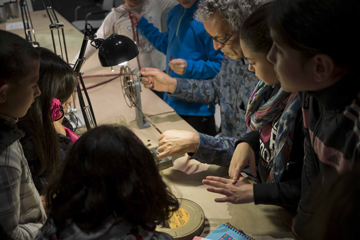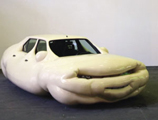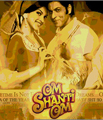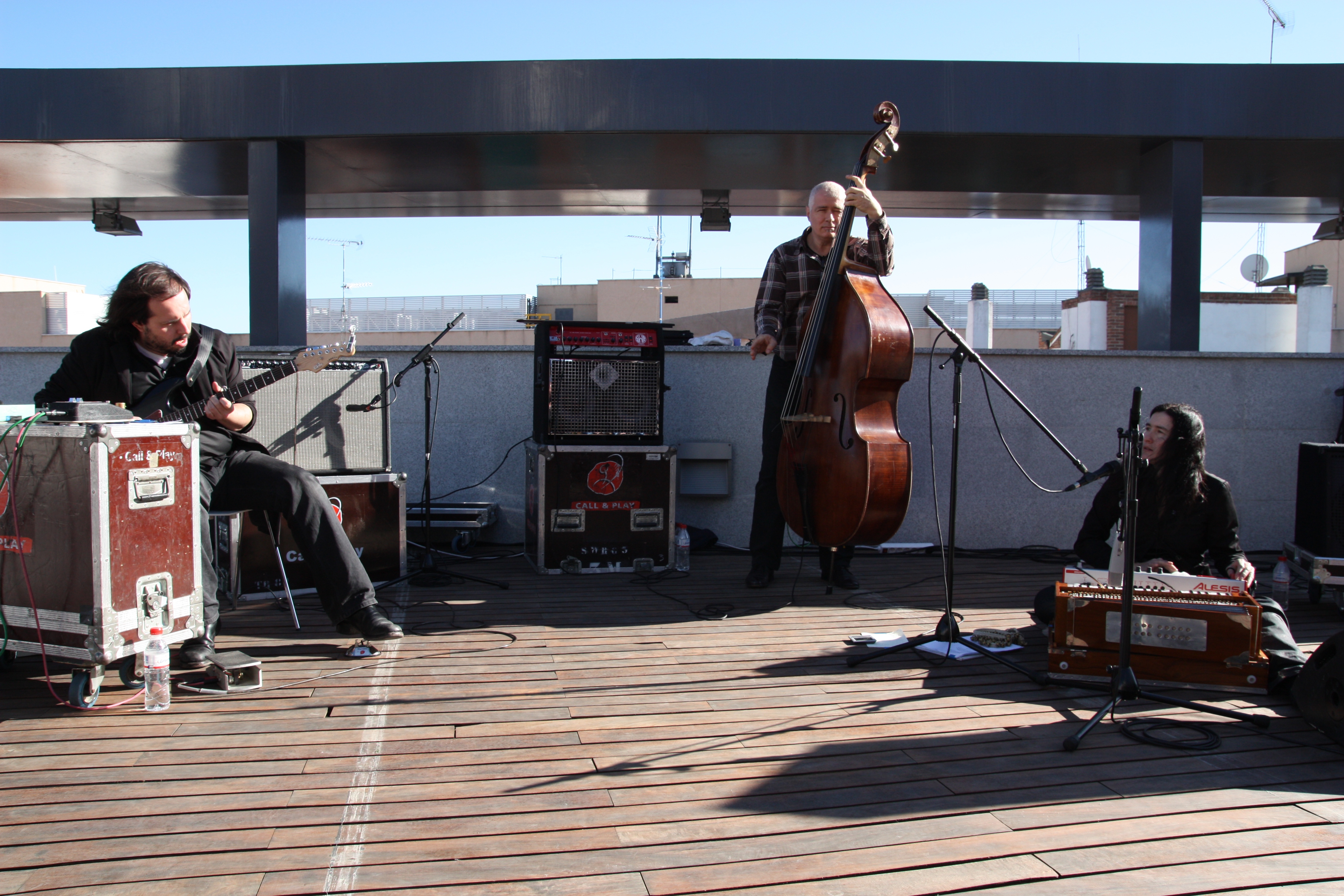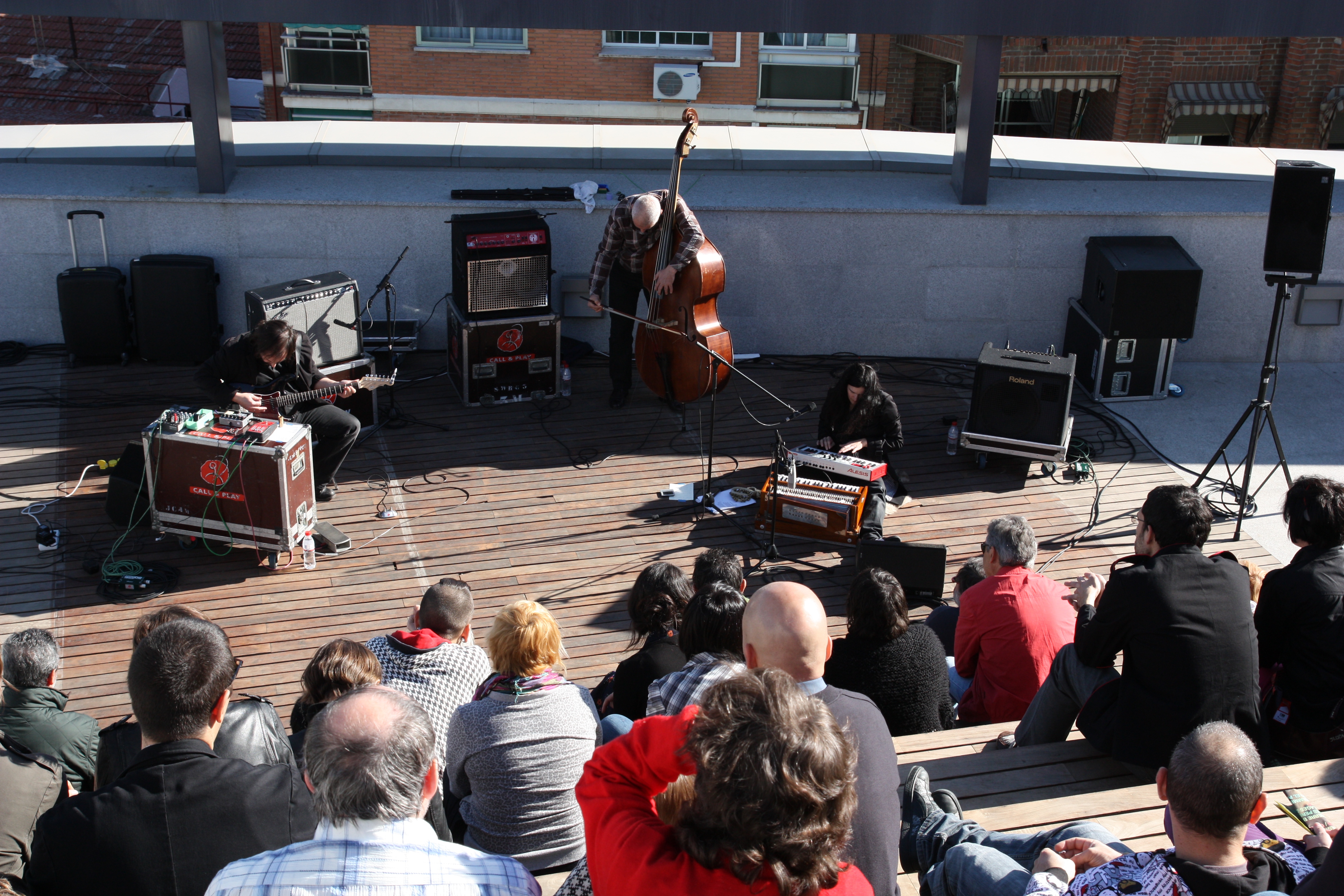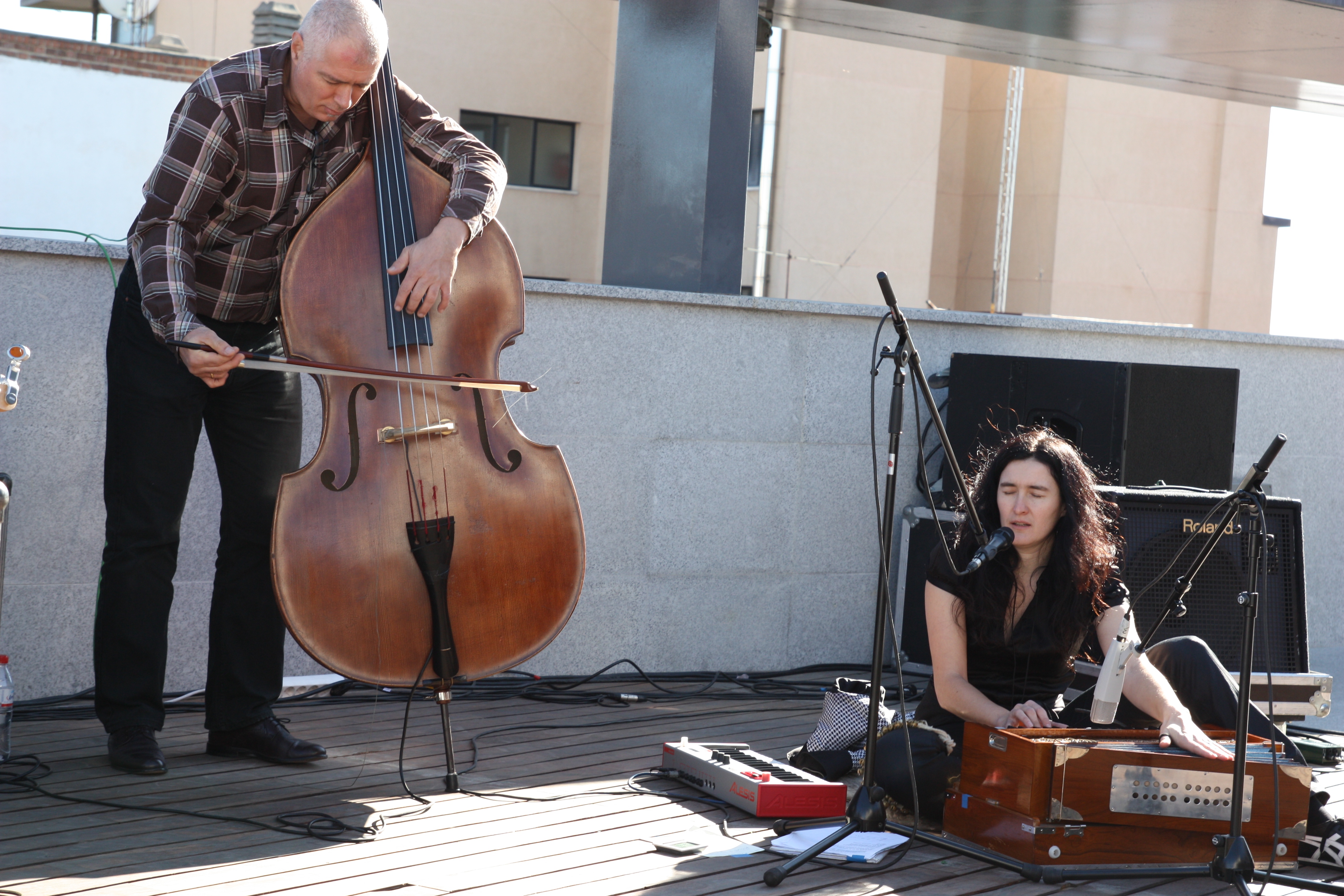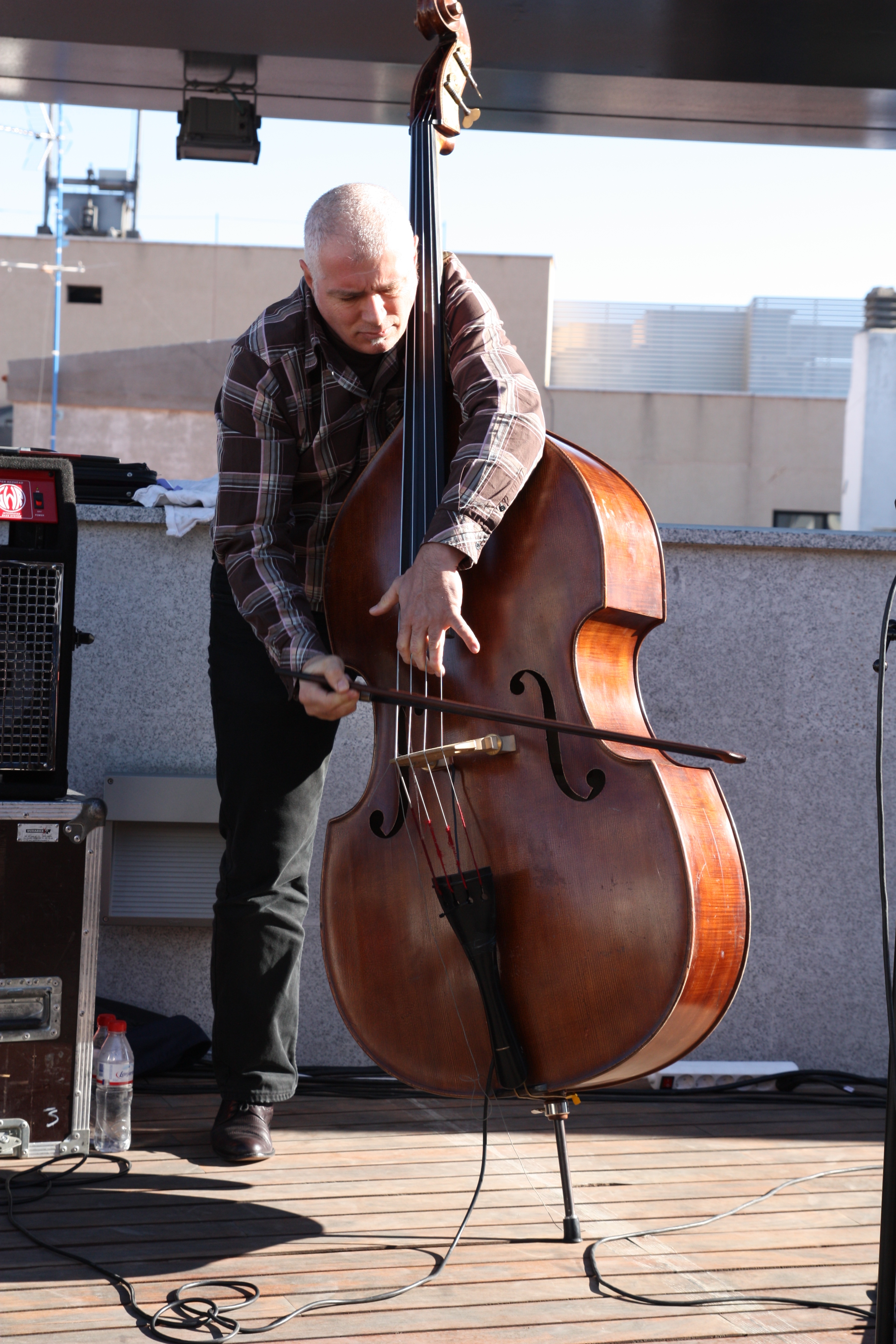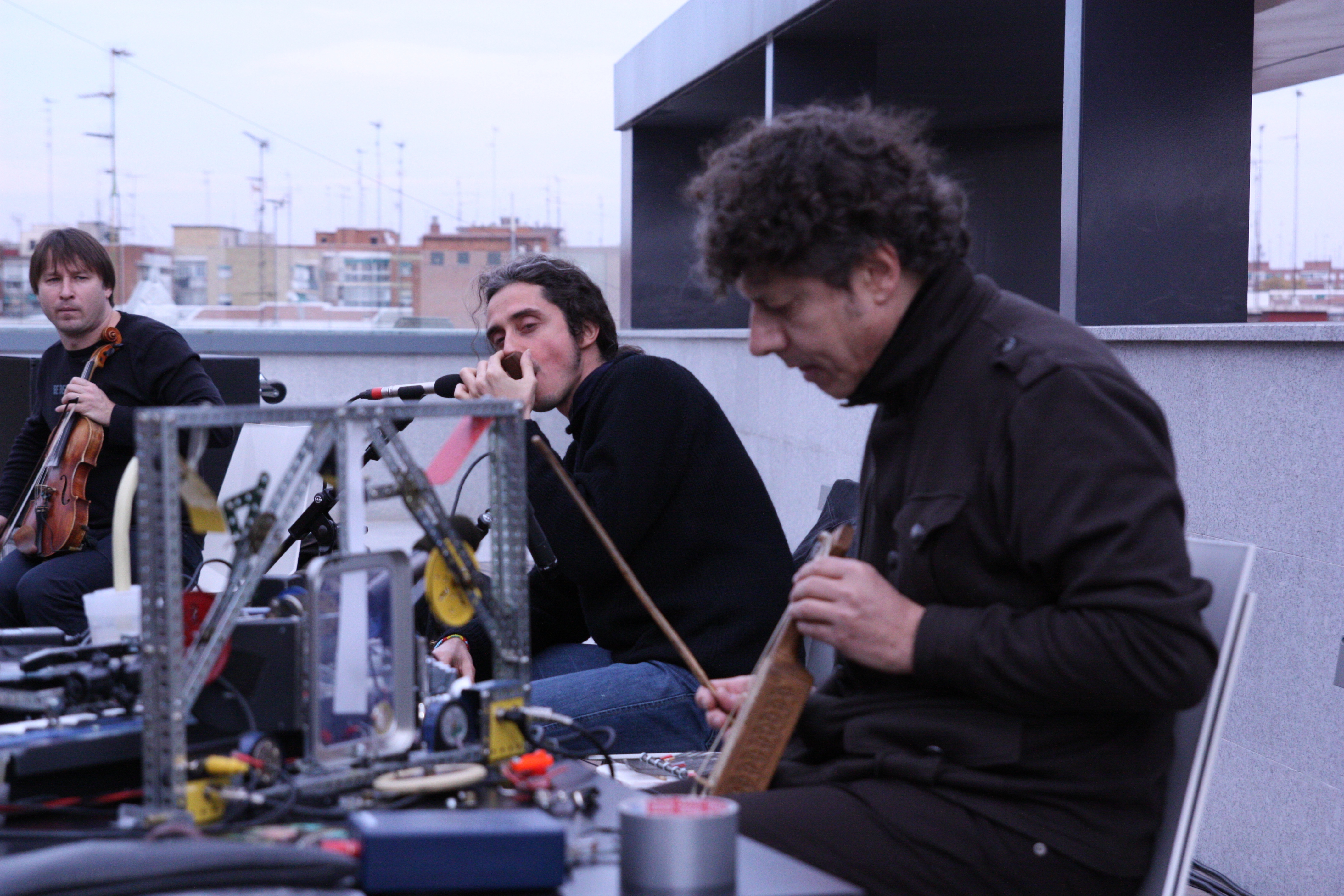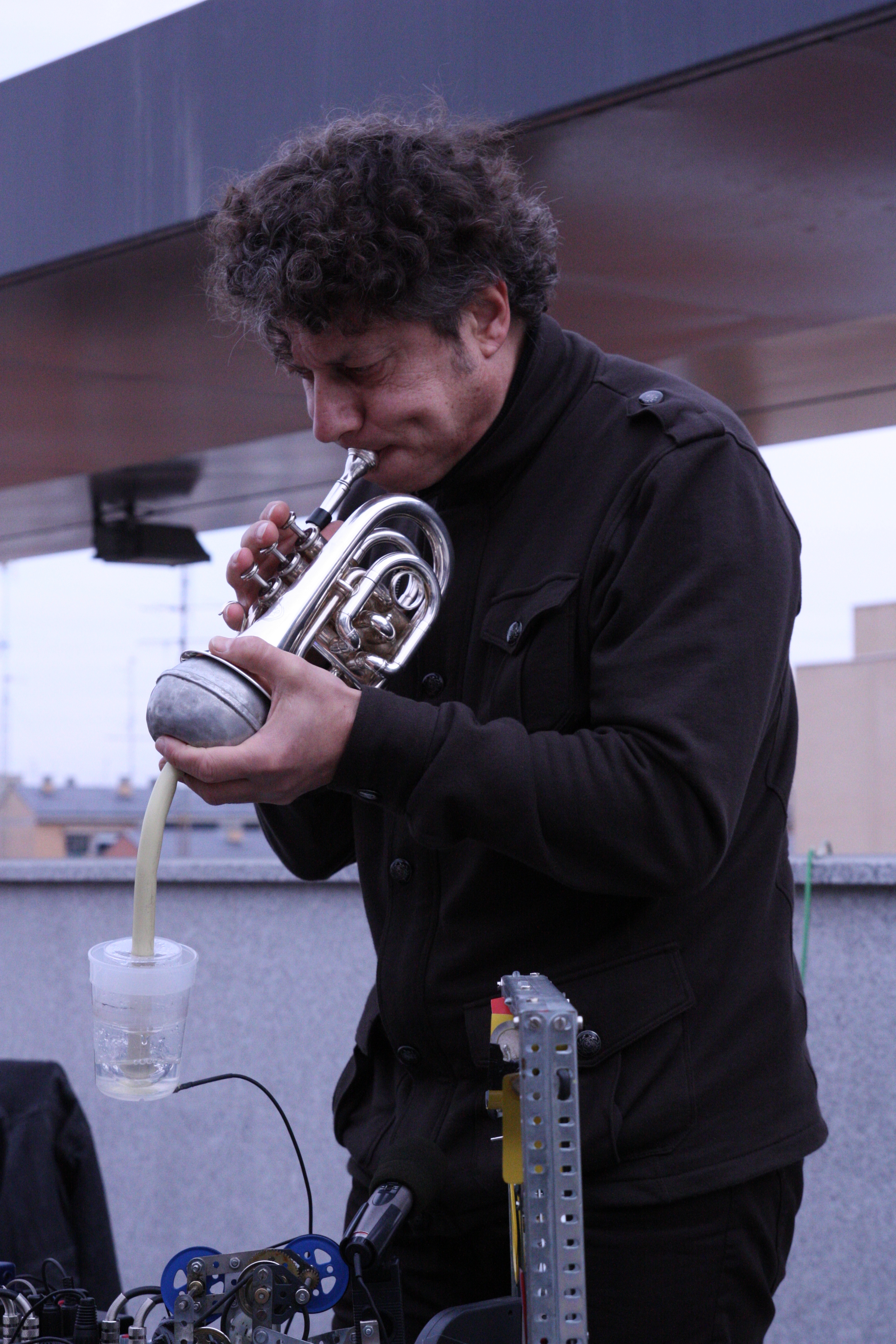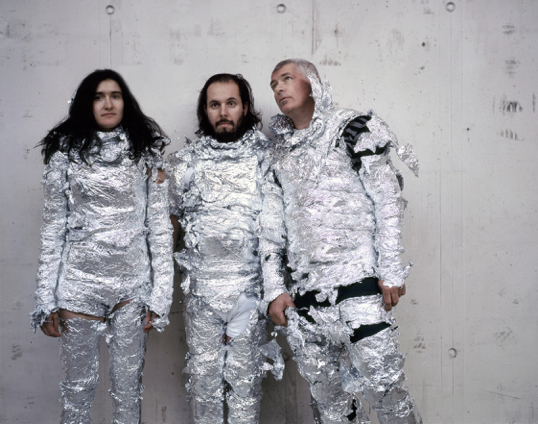DIRECTED BY SELINA BLASCO
We are now setting out on another new course with this question, introduced a long time ago with the advent of modernism. Surprisingly, in our hyper-consumerist society, it is still as valid and seemingly unexhausted as ever. We use it as a weapon and as a shield, and also as a refuge. We manipulate it and manhandle it. Sometimes, the question has been asked from an incredulous pose (after all, one has to admit that, for whoever actually asks such a question, the answer is no), but never one of suspicion. We believe in art and especially in the enigma it hides. That is why the answer does not have to be yes, nor do we necessarily wish to convince anybody of anything. The answer is that there is no answer or, perhaps, that we don’t know what it is, that we have no idea.
And so, we are stuck with the question, and in this year’s course we will give it another turn of the screw. Instead of pretending that there is a certain type of art which we accept that is difficult to define as such, what if we were to undermine all the certainties with which we have treated art as we have known it? Presupposing a brand of art that requires explanation means establishing a division between a person who doubts and a person who has the answers. But we are going to take a less categorical approach. We will rethink the practices associated with accepted disciplines (drawing, painting, sculpture, musical sounds or design), with supports, places of exhibitions and audiences that seem natural but, let’s be clear, doing so from the here and now. And with renewed urgency. What intrigues us is what is supposedly self-evident.
This course has no title but it could be something related with the desire to fold the tasks of art. The art of folding: a course in origami.
CA2M organises educational activities on contemporary art and thinking that can be framed within the tradition of community colleges, aimed particularly at young and adult students. The courses it offers address some of the key issues for a proper understanding and interpretation of art today, to use it to think. These activities can be divided into two parts: the first consists of the presentation of a theme by a guest speaker and the second part involves a debate open to the audience. The sessions at CA2M are complemented with individual work by the persons enrolled in the course with texts handed out before the beginning of each session.
14 FEBRUARY
Painting is Mysterious
Selina Blasco
Following Ángel González García’s observation that it is best to paint without having an idea, we ask ourselves: How should we engage with painting? In this session we will try to do so from this idea of not knowing, but situating it elsewhere, in the ignorance of someone who does nothing, who paints nothings. We will ask people who paint, in order to see what it is that we can find out. We already have one answer, and we like it so much that we have chosen it as the title of the session. It bodes well. We are also going to work out some way of building a narration of this exercise in experimentation on the ground, in fieldwork. Painting wants to be engaged with Selina Blasco is a lecturer in History of Art at the School of Fine Art, Universidad Complutense de Madrid.
21 FEBRUARY
Contemporary Visual Culture and Drawing. An approach from art practice
Azucena Vieites
Azucena Vieites focuses her practice on graphic processes and techniques of expression, engaging with contemporary visual culture through drawing and silkscreen printing. Multiplicity, fragments and repetition inasmuch as a form of breaking away from the absolute image and linear forms of narration or the ephemeral nature of the artwork are brought to the surface as basic aspects of her production. Taking a few examples from her practice and other works by various artists exploring similar lines of investigation, in this session we will reflect on drawing as a form of representation and insight into our surrounding environs at a specific moment in time.
At the same time, the examples used will be interrelated with some of the issues posed by the German filmmaker Ulrike Ottinger; in each one of her films this artist works with the intention of finding a suitable form that has to do with colours, with time, with dramatic structure and with the way of combining the images.
Azucena Vieites is an artist and teacher at the Schools of Fine Art of Madrid and of Salamanca. Among her most noteworthy solo shows are Woollen Body, Carreras Múgica (Bilbao, 2015) and Tableau Vivant, Museo Reina Sofía (Madrid, 2013).
28 FEBRUARY
An Amateur Carpenter
Carlos Granados
I like to think ideas and to do things. To move from the mind to the hand. And from the hand to the mind. From conceptual artist to carpenter. Have art and carpentry anything to do with each other? Duchamp said that you should only travel with a tooth brush, without any baggage. When I studied art, my referents were those kinds of artists, people who worked with ideas. Now I am working with the plane my grandfather used and it makes me think of his job. Suddenly I see myself accumulating, working with wood, making things. I like projects that take a long time. My friend Ángel always says: “Measure twice. Cut once”. I think that sums up a carpenter’s work very well. A painstaking, patient and slow trade. And a job well done.
Carlos Granados is one of the heads of CA2M’s Department of Education.
7 MARCH
Silenced Histories, Forgotten Sounds
José Luis Espejo and Andrea Zarza
How do people position themselves in the public space with sound? This question is a pretext to address narratives focused on the work of blacksmiths, bells and sirens, noise barrages, protest rallies, carnivals and rituals that, if they are not different, at least they are parallel to those that structure the history of music and art. Sound, noise, the murmur of an enraged community and the reverberations of work are quasi-archaeological storylines dissenting with those of official historiography. Charivaria, an exhibition curated by José Luis Espejo and Andrea Zarza at CentroCentro Cibeles between October 2017 and January 2018, showcases a series of works that address these learnings, very often handed down orally or by allegories, which have been minimised by academic disciplines. Artists like Grupal Crew Collective, who take the sounds from parties by collectives without a consecrated identity, or Cuidadoras de Sonidos, Rafael SMP and Vivian Caccuri, who give voice to the inhabitants of neighbourhoods destroyed by the advance of modernism, and Xabier Erkizia, whose work with the culture of ox-carts attunes the hearing to a sound displaced by the hegemony of the urban, are all convinced that their works expand our conception of art. Archives, sounds and writings enable us to recover silenced histories and forgotten sounds in order to rethink genealogies of sound art and music. A display of enigmatic contents surprises the visitors and rarefies the gallery space.
Andrea Zarza is an archivist with a BA in Philosophy. She works as a curator in the British Library sound archive. Her record label, Mana Records, which she runs together with Matthew Kent, is dedicated to publishing works on the intersection between contemporary sound and the archive.
José Luis Espejo is a member of the team at Radio Reina Sofía, Mediateletipos and the Master in Music Industry and Sound Studies at Universidad Carlos III in Madrid. He has developed curated projects in Madrid and in Donostia-San Sebastián 2016.
14 MARCH
A Call to Sensuality
Elena Alonso
Defending the value of crafts and the fight to prevent them from disappearing is nothing new. In the early twentieth century, artisan practices were viewed as a revolutionary strategy against industrialisation and capitalism, taking a stance against the unstoppable dehumanisation of work and production. By assigning it qualities such as resistance, skill, authenticity, goodness and self-determination, more than one century ago, the idea was to try to slow down the disappearance of making things by hands due to mass production.
Today, with the digital revolution and late-capitalism, we are witnessing a warped revival of these desires and problems. The conflict leads to a call for sensuality which means that crafts are once again referred to as an exploration of “embodied” relationships, materiality, affect, ecology, localism and sentient intelligence. But there are many questions waiting to be answered... Is there anything contemporary about artisan practices? What is their place within the present system? What is their meaning in terms of resistance? What is the life drive that makes us cling to them?
This session will look at examples of contemporary artists and designers whose working processes are closely related with crafts, focusing on the material quality of objects and the affective nature of their production. An approach to Art and Design to think about the meaning of crafts today, the anachronistic or inevitable nature of these practices, and the art market as the realm in which to keep them alive. All these issues could equally respond to the question: Why do artists keep painting and drawing?
Elena Alonso works mainly with drawing, combining it with other disciplines like architecture, crafts and design, paying special attention to affective relationships with the surrounding environs. She has recently had a solo show at Matadero Madrid, Museo ABC and Espacio Valverde.
21 MARCH
Do it to yourself and do it to others
Javier Pérez Iglesias and Marta van Tartwijk
Self-publishing has given a voice to many people who felt that they had something to say outside the usual channels. Which explains why there is such a tradition in the use of fanzines among the queer, anarchist, feminist and other communities.
Artists discovered a long time ago that a book could be an artwork and since then we have arrived at an increasingly varied range of publications.
There is a meeting between self-publishing (or alternative publishing) and artistic intentionality that oversteps the boundaries of the conventional book which is the paradigm of libraries and bookshops.
We act in the libraries of two very institutional institutions, the museum and the academy, but endeavouring to boost their porosity, to explore their cracks and to connect with what happens on the street.
Books are not what they used to be… And the same goes for libraries.
Javier Pérez Iglesias is a biblioactivist, talkperformer, reading curator, bad cataloguer and worse classifier
Marta van Tartwijk is, among other things, a part-time artist, vocational librarian, photocopying self-publisher, bibliographic maze engineer, fanzine disorderer and catalyst for literary afternoons.
4 APRIL
Sculpture in the Making
June Crespo
This session is conceived to think about the various aspects proper to sculpture, looking at works that engage with sculpture from different media. I am interested in a kind of sculpture in the making, the negotiation between subject and object that takes place during the process, and what the first contact with it is like. To approach it, walk around it, move away and keep within its magnetic field. From its surface to its body, outline and image.
How does it affect me? What physical resonance does it have in me? From where does it look at me? What movement and choreographies does it instigate? How does it activate the space?
June Crespo lives in Bilbao, where she graduated with a BA in Fine Arts in 2005. She also works and exhibits in other international contexts, focusing her practice on sculpture.
11 APRIL
Here there is no place from where we cannot be seen
Rafael Sánchez-Mateos Paniagua
The Prado Museum: the reserve of knowledgeable scholars, of flocks of tourists disappointed at not being able to take selfies with Velázquez, and children who have to be explained that we are the ignorant subjects of high culture. Lost, overpowered or even a little underwhelmed by the artworks of yesteryear and their saints, kings and virgins which makes it difficult to find a people you would want to identify with. One might imagine that everything has already been said, clarified, catalogued and fallen into decline, after having lavished such privileged attention that today could not be anything but anachronistically and complacently legitimising of the context where they have ended up. Despite the artworks, to the extent in which they continue to be accessible to experience, they are radically contemporary with whom they find themselves. They offer themselves to the senses so that each individual can recognise, reflect and refract a new non-prescribed sense. They might even hope to adopt new lives, driven by the memory and imagination they are still capable of exciting in us. Always open to the unforeseen—-individual or collective—experience that is still possible to have, despite all the sacralising context of the museum institution and its security guards, both inside and outside. The important thing is to try to intensify, revitalise and reorganise the space of attention, aisthesis and perception—so overlooked in its material form and so threatened by the modernisation we have undertaken—with the purpose of renewing the experience of art today which is as strange as it is succulent, from the generosity of those who approach something strange and (re)discover themselves when being observed by the very work they contemplate.
Rafael Sánchez-Mateos Paniagua is an artist, teacher and researcher.
More information on actividades.ca2m@madrid.org / (+34) 912 760 227
